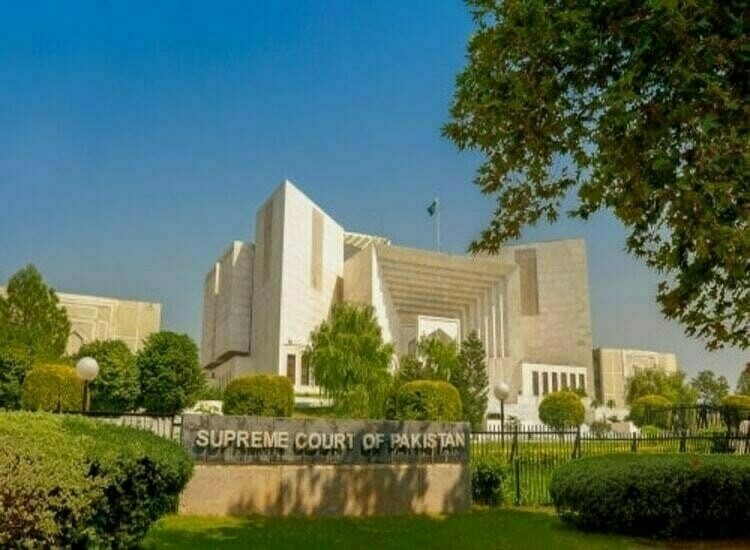Exclusion of married daughters from appointments: SC declares KP Civil Servants Rule 10(4) ultra vires
ISLAMABAD: The Supreme Court declared the exclusion of married daughters from compassionate appointment under Rule 10(4) of Khyber Pakhtunkhwa Civil Servants (Appointment, Promotion, and Transfer) Rules ultra vires, issued without lawful authority.
A two-member bench, comprising Justice Syed Mansoor Ali Shah and Justice Athar Minallah set aside the Khyber Pakhtunkhwa Service Tribunal judgment dated 03.06.2024, and directed Secretary Elementary & Secondary Education of Khyber Pakhtunkhwa to restore Zahida Parveen’s (petitioner) appointment with all back-benefits.
The petitioner was appointed as a Primary School Teacher (Basic Pay Scale-12) at Government Girls Primary School, District Karak, under the deceased son/daughter quota pursuant to Rule 10(4) of the Khyber Pakhtunkhwa Civil Servants (Appointment, Promotion, and Transfer) Rules, 1989, vide order dated 17.03.2023.
Subsequently, the District Education Officer (Female), District Karak withdrew the petitioner’s appointment order without issuing a showcause notice, vide order dated 15.05.2023.
The petitioner’s services were terminated on the basis of on a clarification letter, which stipulates that the benefit of appointment under the deceased son/daughter quota is not available to a female who has contracted marriage. A further guidance/clarification was issued by the Provincial Government on 28.04.2023, providing that a married daughter may be considered eligible for appointment only if she has separated from her husband and dependent on her parents.
The petitioner, aggrieved by the clarification, filed a departmental appeal against the impugned order before the Government of Khyber Pakhtunkhwa, which was not responded to within the statutory period.
Consequently, the petitioner preferred an appeal before the Khyber Pakhtunkhwa Service Tribunal, Peshawar, which was dismissed on 03.06.2024. Hence, she approached the Supreme Court.
The judgment, authored by Justice Mansoor stated, “The exclusion of married daughters from the ambit of Rule 10(4) is not merely a procedural irregularity––it reveals a deeper structural flaw grounded in patriarchal assumptions about a woman’s identity and her role within the legal and economic order. It presumes that upon marriage, a woman relinquishes her independent legal identity and becomes economically dependent on her husband, thereby forfeiting entitlements available to similarly situated male counterparts.
At its core, this exclusion constitutes a denial of a woman’s right to financial and economic independence––rights that are not ancillary but essential to the exercise of constitutional personhood.“
Excluding married daughters from compassionate appointment under Rule 10(4) not only violates Pakistan’s constitutional framework but also breaches its international legal obligations under various instruments16, most notably those under the United Nations Convention on the Elimination of All Forms of Discrimination Against Women (CEDAW).
The use of gender biased language by judicial or administrative bodies does not merely reflect prevailing social prejudices, it perpetuates and legitimises structural discrimination, and risks encoding bias into the law itself.
Globally, it has been recognised that the language of judicial reasoning plays a critical role in shaping, affirming, or undermining substantive equality. As constitutional subjects, women are entitled to equality not only in result but also in the form, tone, and respect with which the law addresses them.
“Thus, we deem it imperative to reaffirm that all judicial and administrative authorities bear a constitutional responsibility to adopt gender-sensitive and gender-neutral language. This is not a mere formality, but reflects a substantive commitment to the values of dignity, equality, and autonomy guaranteed to all citizens under Articles 14, 25, and 27 of the Constitution.
The judiciary must lead by example, ensuring that the words used to interpret and apply the law do not themselves become instruments of exclusion,“ the judgment emphasised.
Copyright Business Recorder, 2025





















Comments